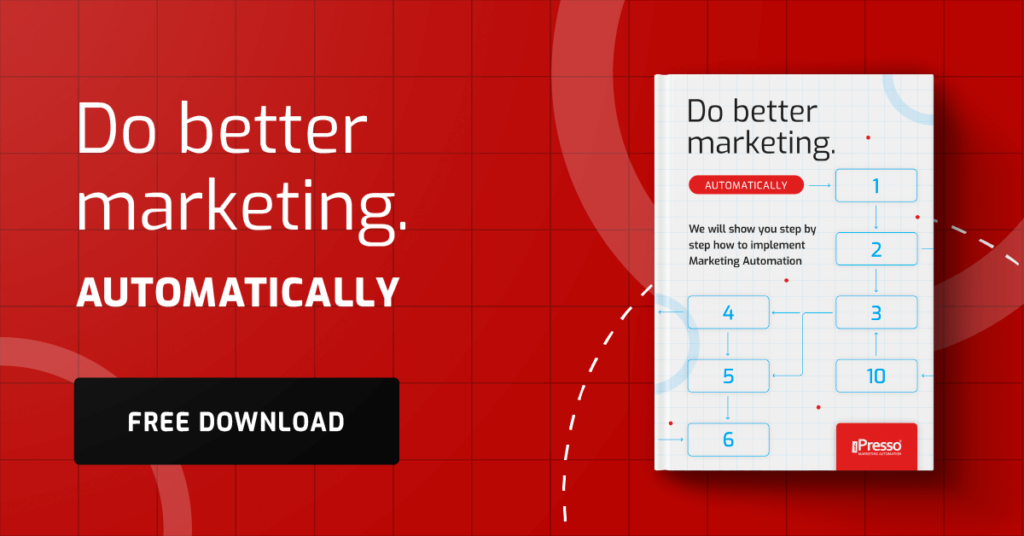What is CMS, and why do you need it?

Not that long ago, creating and managing websites and their content was quite difficult and required at least basic knowledge of the HTML language. Today, it’s all much easier thanks to online platforms called CMS – Content Management Systems. These systems are designed to streamline managing your digital assets, not just related strictly to your website. As a result, you can find a CMS platform that suits your needs, even if you run a large, international business. What do you need to know about CMS? Let’s have a look.
The name is pretty much self-explanatory – it’s all about managing content. In general, CMS platforms were designed to help users create and manage websites, especially blogs (that’s how WordPress came into existence). Thanks to easy-to-use interfaces and external plugins and creators, you can develop an all-new website without writing a single line of code. The same refers to updating your website, e.g., adding new blog posts or subpages.
Why do you need a CMS?
These platforms are extremely useful! A CMS enables you to add, delete, modify, update, organize, move, and share content that you published or are about to publish online. The same refers to other elements of your website, including its layout, navigation, and general functioning. As a result, you can freely create and change your online presence in a quick and effective way. With a good CMS, you save a lot of time and streamline your marketing activities, especially SEO.
What should a good CMS solution offer?
In general, good CMS should be intuitive and flexible – it allows you to implement all the changes that you want without any significant problems. It should also be easy to adapt to your needs, meaning that if you want to add something new to your website – you should be able to do that. Here, WooCommerce is a good example. It’s an e-commerce platform that works with WordPress. You can implement WooCommerce even if your website is already finished.
It’s the same story with any other modifications – with CMS, everything should be customizable and functional. To improve functionality, the vast majority of CMS platforms offer a whole range of extensions, plugins, and integrations. Thanks to that, you can easily implement any function or feature that isn’t a part of the CMS itself.
Lastly, good CMS is secure and offers the implementation of diverse cybersecurity measures to your website.
How are CMS platforms divided?
Of course, CMS platforms aren’t uniform. They come in many different forms and offer different capabilities. Typically, they are available in the SaaS model that guarantees quick and easy access to your website through the cloud. Some systems, like the aforementioned WordPress, are open-source, which means they are available for free, and users can implement even far-reaching changes in the code.
There are several ways of classifying CMS platforms, but usually, there are two major types: Small-scale and enterprise CMS. The small-scale platforms are used to manage content just on the website. Here, WordPress is a perfect example. Estimations are that over 450 million websites use this CMS (although other sources indicate it’s “just” 30 million). Don’t think, though, that “small-scale” means “worse”. Not at all; even large companies use WordPress because this platform is extremely flexible. However, you can’t use WordPress to manage all your digital assets in every channel.
If that’s something you’re after, you need an enterprise-grade CMS. These are the most advanced systems that enable you to do far more than just manage and update one website. Sometimes, these platforms are referred to as DXP – Digital Experience Platforms. These platforms enable you to manage almost everything that’s related to your online marketing, communication, and sales. This includes:
- Social media profiles
- Marketing and sales automation
- Web and mobile apps
- Full content management
- Advanced marketing and sales analytics
As you can see, these are truly all-in-one solutions. However, because they are so advanced and comprehensive, they require a lot of work when it comes to adjusting everything to work correctly. In other words, you have to integrate them with all of your channels and digital assets first, and that takes time. That’s why DXPs are primarily for the largest companies.
Two examples of CMS platforms
Lastly, let’s have a look at two examples of two CMS platforms – one small-scale (WordPress) and one enterprise-grade (Optimizely).
WORDPRESS
According to Kinsta, WordPress has over 60% of the global CMS market share:
Image source: https://kinsta.com/cms-market-share/
The popularity of WordPress is no surprise. This CMS is functional, relatively easy to use (although some training will be useful!), and, above all, free. WordPress started as a blogging platform, but today, it’s used to manage all kinds of websites, and thanks to a vast repository of themes and extensions, you really can build almost any website using this CMS. You will find this platform especially handy if you run a less-complex website that focuses on frequent updates (e.g., news or new blog posts).
What are the cons of this system? It doesn’t work well with large, extensive websites. The more extensions and features you use, the “heavier” your website is. As a result, you can have problems when it comes to your website’s performance and SEO results. So, a word of advice – don’t use too much code unnecessarily.
WordPress dashboard.
Image source: https://wordpress.org/support/article/first-steps-with-wordpress-classic/
OPTIMIZELY
Optimizely is a good example of an enterprise-grade CMS platform. It enables your company to manage and execute your content marketing strategy fully. Optimizely uses a headless API and .NET5, so you can integrate this platform with all your other tools and channels. With Optimizely, you can store, manage, and publish all of your media and content on almost any channel you want.
Moreover, Optimizely comes in handy if you have an e-commerce business. It enables you to run multiple online stores, manage orders, inventory, and your catalog, both online and offline. On top of that, there are many more features and options, just to mention personalization, automation (e.g., concerning email marketing), and A/B testing.
Optimizely offers five basic plans and one more that’s fully adjusted to your needs. The pricing isn’t publicly available, but you have to be ready to pay at least 30,000 USD per year. So, yes, this solution is strictly for the largest companies.
Summary
If you’re still looking for your first CMS, start with something small and relatively easy to use. WordPress is a good choice, provided you have on your team at least one person who knows how to use this system. Don’t opt for paid CMS platforms, as they are intended for the largest companies. When it comes to small and medium-sized organizations, open-source solutions are more than enough.



